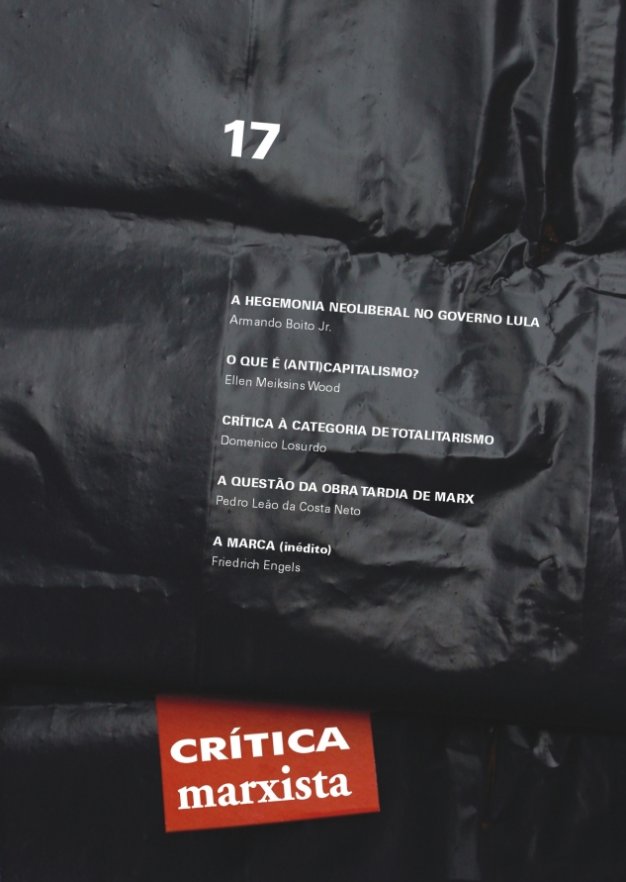Abstract
In 1951, by the time Hanna Arendt published The Origins of Totalitarianism, the debate over totalitarianism had been raging for a decade. However, the meaning of the term was not yet well defined. How to find your way around what, at first glance, appears like a labyrinth? Here, I abstract from the occurrences in which the adjective “totalitarian”, even more than the noun, has a positive connotation, concerning the capacity attributed to a religion or to any ideology or vision of the world to respond to all the multiple problems resulting of a dramatic crisis situation and the very questions about the meaning of life, which involve man as a whole. Still in 1958, although rejecting “legal totalitarianism”, that is, imposed by law, Barth celebrated in the following terms the universalist dynamic and omniscient effectiveness of the Christian “message”: “Totalitarian, insofar as it aims at the whole, in which requires each
man and demands it completely for himself, is also the free grace of the gospel.”
References
LOSURDO, Domenico. Para uma crítica da categoria de totalitarismo. Crítica Marxista, Campinas, SP, v. 10, n. 17, p. 51–79, 2003. https://doi.org/10.53000/cma.v10i17.19607

This work is licensed under a Creative Commons Attribution 4.0 International License.
Copyright (c) 2003 Domenico Losurdo
